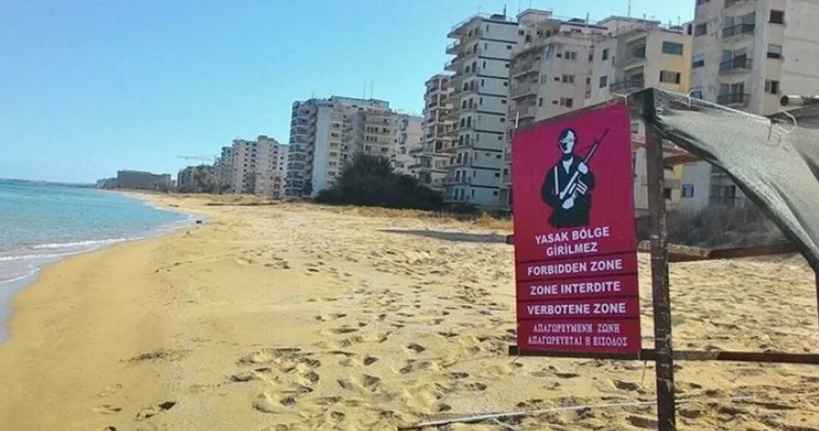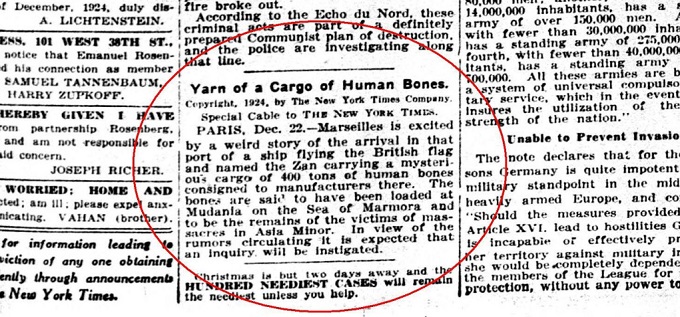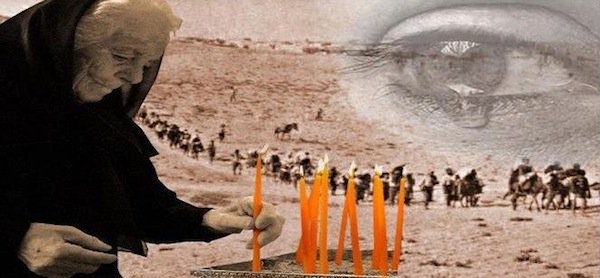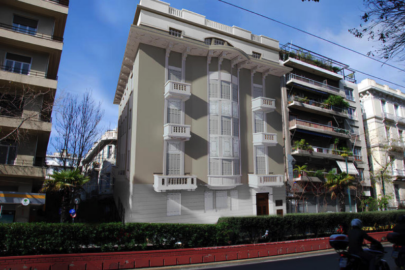In a year-long forensic investigation, Caucasus Heritage Watch (CHW) has used high-resolution satellite imagery to document the fate of Armenian cultural heritage sites in the Nakhchivan Autonomous Republic of Azerbaijan (Arm. Nakhichevan). To summarize our main finding, CHW’s research shows the complete destruction of 108 medieval and early modern Armenian monasteries, churches, and cemeteries between 1997 and 2011. This figure represents 98% of the Armenian cultural heritage sites we were able to locate and assess for this investigation. These findings provide, for the first time, conclusive forensic evidence that silent and systematic cultural erasure has been a feature of Azerbaijan’s domestic ethnic policies.
The long history of Armenians in Nakhchivan is well-documented in the region’s archival, architectural and archaeological records. Their numbers diminished over the course of the Soviet period, dwindling to just under 2000 by 1989. Following the Soviet Union’s collapse in 1991, and an outbreak of conflict between Armenians and Azerbaijanis, the number of Armenians in the region diminished to zero.
Dimitris Pantermalis: The chairman of the board of the Acropolis Museum has died
Although the destruction documented in this investigation occurred years ago and elicited little global attention, these findings remain of urgent relevance today. Ethnic conflict between Armenians and Azerbaijanis continues to define the region’s political and cultural landscape. Following the Second Nagorno-Karabakh War in 2020, separatist Armenian forces ceded territory to the Azerbaijani state that they had held for 30 years, in the process relinquishing control over hundreds of additional monasteries, churches, and cemeteries—some located just 75km from Nakhchivan.
Read the revealing research HERE








































